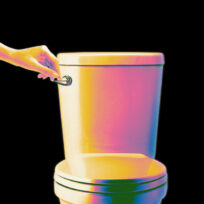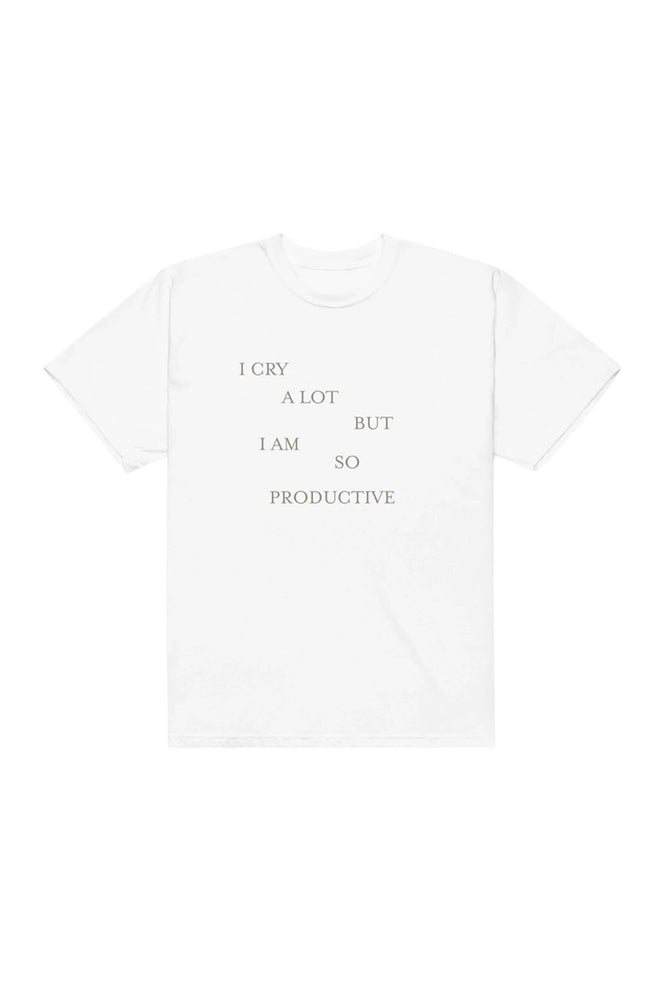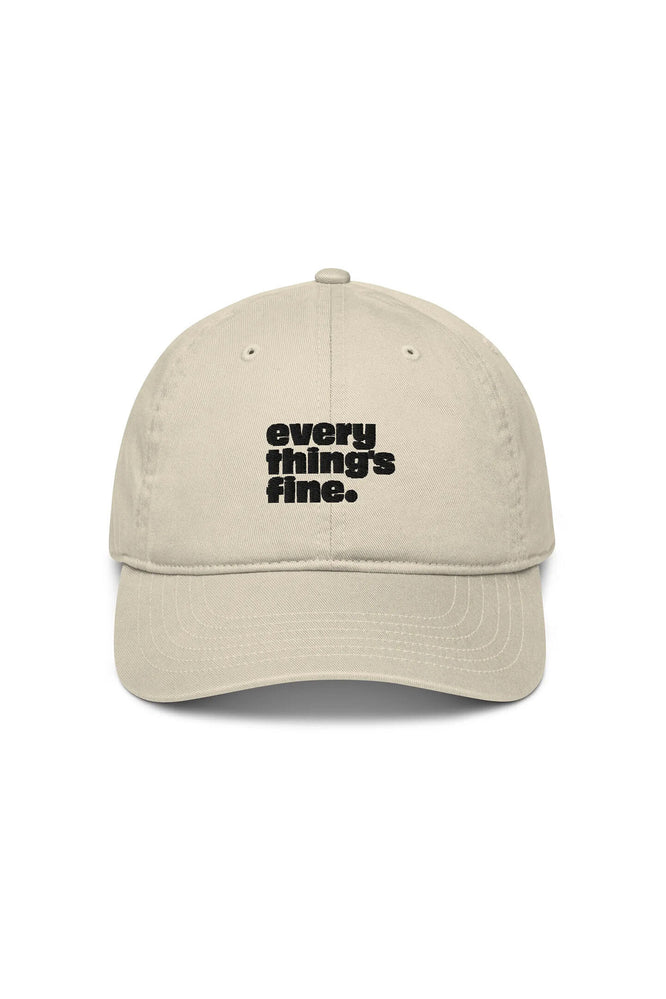Once you’ve been weaned off The Bank of Daddy and are forced to deal with your own finances, sh*t can get pretty scary. There’s more to that plastic card than just swiping, so we enlisted Alexa von Tobel, the founder and CEO of LearnVest and the Chief Innovation Officer at Northwestern Mutual, for some serious help. Alexa is also The New York Times bestselling author of Financially Fearless, so clearly she knows what she’s talking about. Here, we asked her all about credit—how to build it, how to ruin it, and why you need it. And for more career and adulting advice, pre-order our third book, When’s Happy Hour, here!
How do you get credit?
Building your credit isn’t complicated, but it takes time, discipline, and a bit of knowledge. First, you’ll need to apply for a credit card. If you don’t have at least a passable credit history, actually getting a traditional (aka: unsecured) credit card in your name can be surprisingly difficult. So if you can’t get approved for an unsecured card, consider signing up for a secured credit card.
Next, start building your credit. There is a myth that using more of your available credit translates to a higher credit score. The opposite is actually true. In reality, lenders worry that you’re in over your head financially when you spend a big chunk of your credit line. To help assess this, they’ll look at your credit utilization ratio. This is the percentage of your total credit limit that your current balance represents. For instance, if all your cards give you access to $20,000 of credit, and your current balance is $5,000, you’ve got a credit utilization ratio of 25%.
The most important thing to remember when building your credit is to get serious about due dates. I recommend that people request recurring transfers or autopay via your bank. Make sure though that you’re setting an amount that is doable for your budget. Creating calendar events on your phone so you receive alerts before each bill’s due date is also a great method.
What ruins your credit?
Not making payments on time is the biggest factor that affects your credit score. It’s important to realize that it’s not just lenders that report to credit bureaus. Things like medical debt and missed utility payments can also ding your credit report.
The second-largest factor that can hurt your credit score is the amount you owe across your credit accounts. The biggest influences on this calculation are either your credit utilization ratio or the percentage of your available credit that you’re actually using. So, making sure your balances don’t balloon can go a long way toward helping maintain a good credit rating.
I also advise people to refrain from opening too many credit lines at once. This triggers a “hard inquiry” on your credit report. But closing credit accounts you already have could impact your length of credit history negatively. Even if you don’t use a card often, keep it open and charge something small on it every once in a while.
What do you need good credit for?
You need good credit for almost everything! Having good credit sets you up for success when you need to apply for a loan or line of credit. Your credit can help determine whether you can even get a mortgage or car loan in the first place. Plus, you could even miss out on a perfect apartment rental or job opportunity—both landlords and employers have been known to check out an applicant’s credit history. Having no credit at all or bad credit means that you either won’t be approved by future lenders or may have to deal with some unfavorable lending terms, like paying higher interest rates.
What’s a good number of credit cards to have?
There’s no magic number for how many credit cards a person should have. It all depends on what type of person you are. Responsible users may benefit from having multiple cards. If you pay off your balance in full each month, it can be a good strategy for a few different reasons. You can reap more rewards and boost your credit score. If you’re self-employed or a freelancer, it can help with easier bookkeeping because you could keep your work and personal expenses separate.
Despite the potential benefits of having multiple credit cards, there are drawbacks. And the stakes are high: If you destroy your credit score by, for instance, consistently missing payments on multiple cards, it could take years to rebuild that number. Plus, carrying a greater number of cards means the potential for racking up a greater amount of debt overall.
Bottom line: don’t open more credit cards that you can manage. Be honest with yourself about your spending habits and responsibility.
Should I just have a regular credit card with a bank or is my retail card helping me with credit?
I would recommend having a regular credit card with your bank or choosing one of the cards I mentioned. This depends on your spending priorities and goals. Retail store credit cards that people open at the register because they get 10% off their purchase right on the spot, can hurt your finances.
This is because retail cards tend to have higher interest rates than regular credit cards. They also tend to have lower credit limits. So if you spend a lot on a retail card, it could look like you’re close to maxing out your limit. This could hurt your credit utilization ratio, and thus, your credit score. Also, their “special offers” (like getting 10% off on the spot) could end up costing you. Retail stores are known to dangle deferred-interest offers in front of consumers without properly explaining what that means. In a nutshell: You don’t pay interest on your purchases for an introductory period. But, if you have any outstanding balance left at the end of that period—no matter how small—you’ll be back-charged. That would be interest on all the purchases you made in that time frame.
For more career and general adult life advice, pre-order our third book, When’s Happy Hour? and stay on the lookout for our new podcast, When’s Happy Hour!

















































